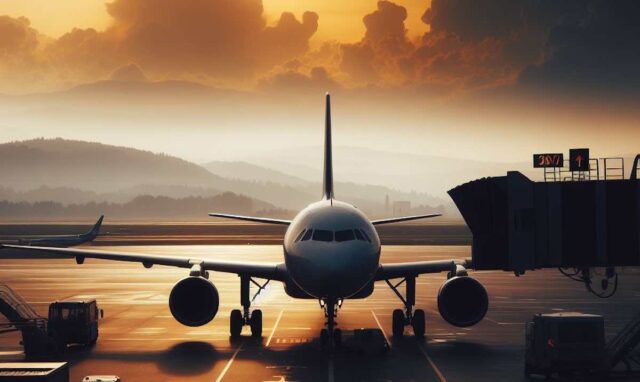African Airlines See Strong Growth in July 2024 – AFRAA
African airlines witness 7% seat capacity growth as industry rebounds

The African Airlines Association (AFRAA) reports that the African aviation industry is experiencing a strong upturn, with passenger traffic projected to increase by 15% in 2024 compared to the previous year.
In July 2024, seat availability saw a notable expansion, reaching 17 million seats, a 7% increase from the same period in 2023.
Capacity and Revenue: Airlines boosted capacity by 9% in July 2024, resulting in an estimated 1.3% increase in revenue passenger kilometres (RPKs) year-over-year. Available Seat Kilometres (ASKs) for July 2024 also exceeded July 2023 levels by 9%.
However, AFRAA notes that the industry continues to navigate challenges posed by fluctuating fuel prices, with the global average for Jet A1 standing at $98.68 per barrel in the last week of July.
Network Growth
Intra-Africa Connectivity: African airlines are strengthening their presence within the continent, with a 3% increase in seat availability on intra-Africa routes.
Key hubs like Addis Ababa, Johannesburg, Lusaka, and Lomé have witnessed significant growth in connectivity. This rise is attributed to the introduction of new routes, network expansion, and fleet upgrades.
Revenue: African airlines are reporting improved passenger revenue, reflecting the overall traffic growth. AFRAA data indicates that passenger revenue in May 2024 reached US$1.66 billion, up by 4% from US$1.59 billion in April 2023.
Global Reach: While African carriers are expanding their global footprint, they face stiff competition from non-African airlines, which hold a 62.9% share of intercontinental capacity.
Industry Outlook
Economic Integration: The implementation of the COMESA-EAC-SADC Tripartite Free Trade Area (TFTA) is expected to create new opportunities for African airlines by stimulating trade and travel.
Regulatory Challenges: The aviation industry is grappling with regulatory hurdles, such as the proposed navigation charge hike in Nigeria, which could impact operational costs.
Safety and Sustainability: The industry remains focused on safety, with the OPSGROUP addressing the growing concern of GPS spoofing. Additionally, airlines are adopting sustainable practices to respond to environmental pressures, exemplified by Lufthansa Group’s environmental cost surcharge.